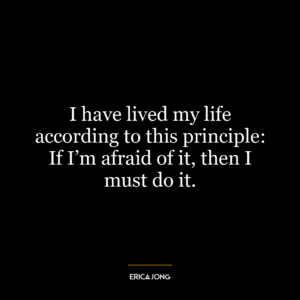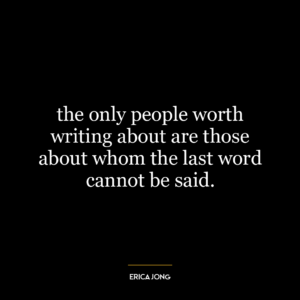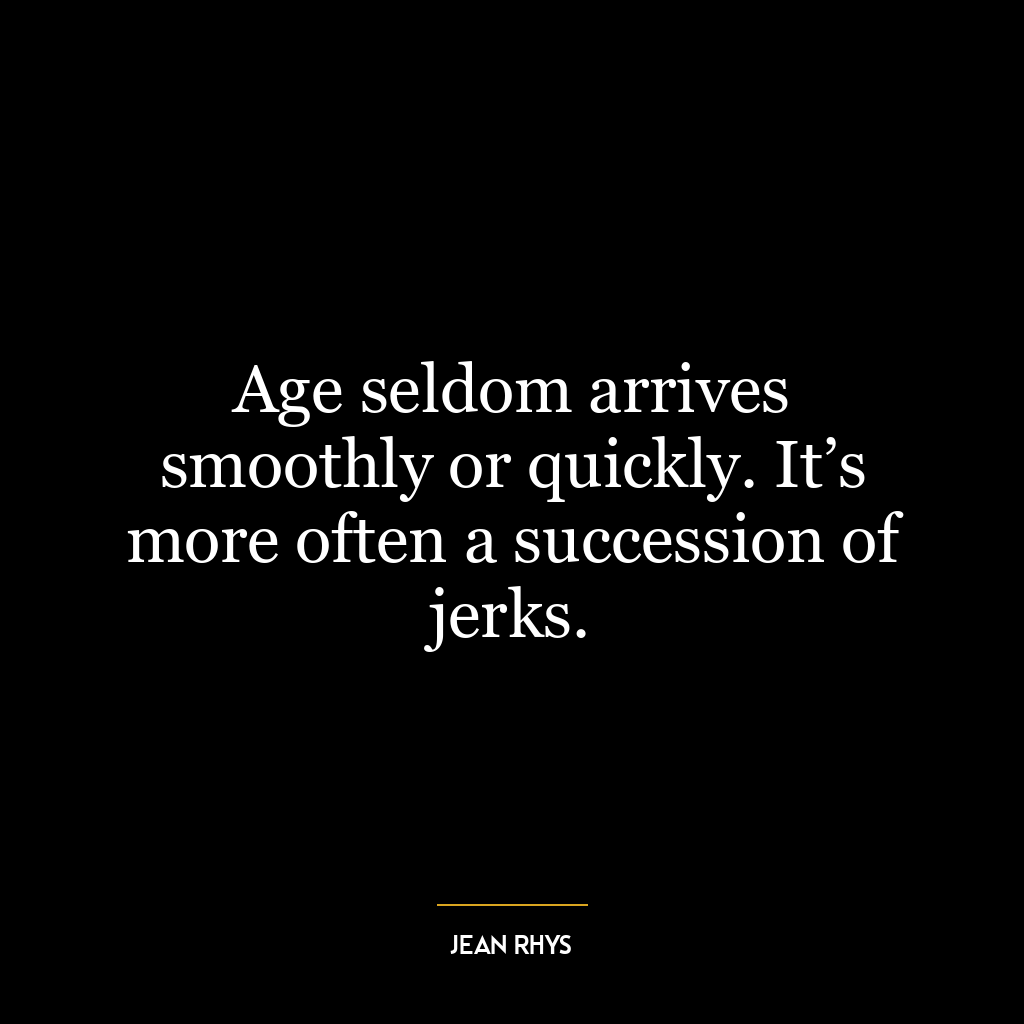This quote is a reflection on the romanticization of youth and early death, versus the courage it takes to face the challenges of aging and eventual death in old age. Keats, a renowned English poet, died at the age of 25, leaving behind a rich body of work that has been celebrated for centuries. His early death has often been romanticized, as it fits into the narrative of the ‘doomed young artist’.
However, the speaker in the quote, having once idolized Keats for his early death, now sees more bravery in living a full life and facing the inevitable decline that comes with old age. This shift in perspective could be due to a deeper understanding of life and death, or a personal growth that comes with age. It suggests that the speaker now values the wisdom, experiences, and strength that come with age, and sees the courage it takes to face the physical and emotional challenges of getting old.
In today’s world, where youth is often idolized and aging is sometimes feared, this quote can serve as a reminder of the value and courage in aging. It’s not just about surviving, but about living fully, gaining wisdom, and facing challenges head-on. This can be applied to personal development as well. Instead of fearing age and its accompanying changes, one can choose to embrace them, see them as opportunities for growth and learning, and appreciate the courage it takes to face them.
Moreover, this quote can be a critique of the romanticization of early death, especially in the realm of art and literature. It’s a reminder that there is much to be admired and respected in those who continue to create, evolve, and contribute to their field, even as they age.















